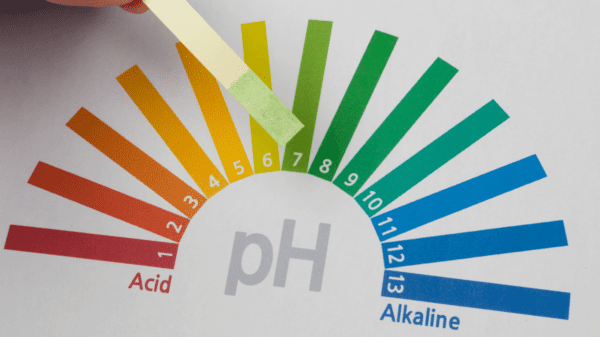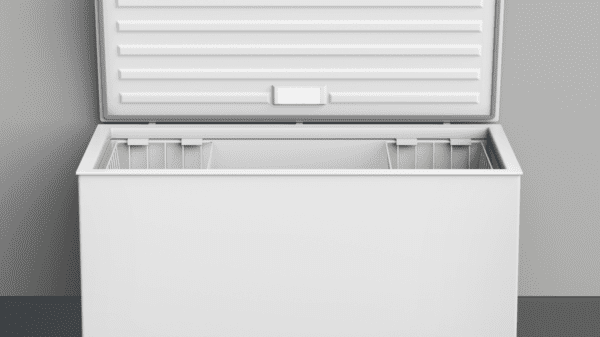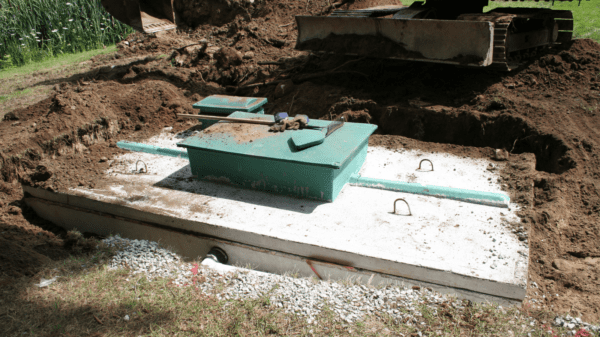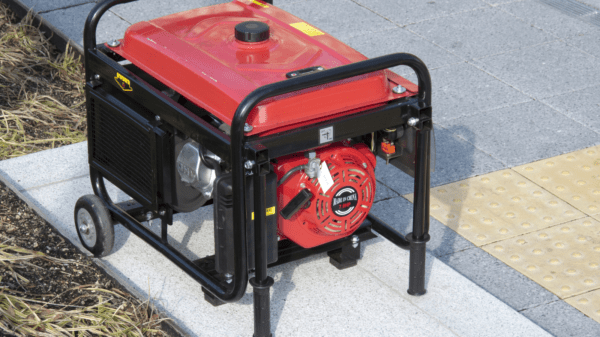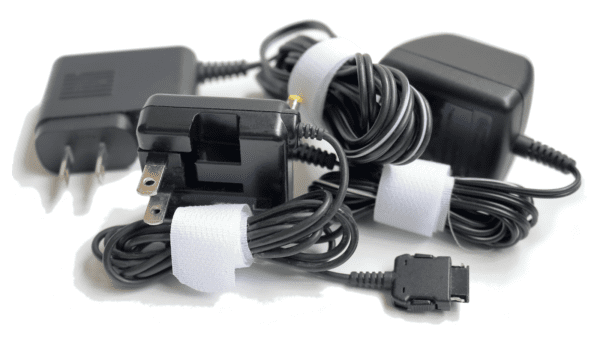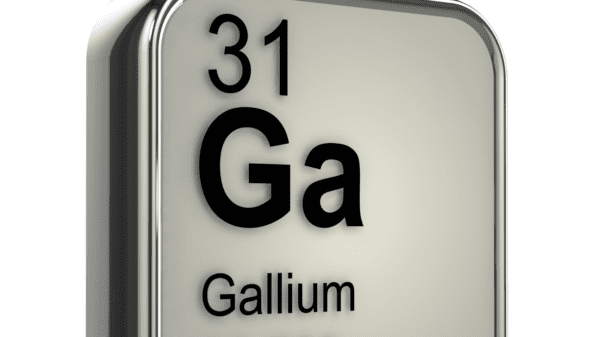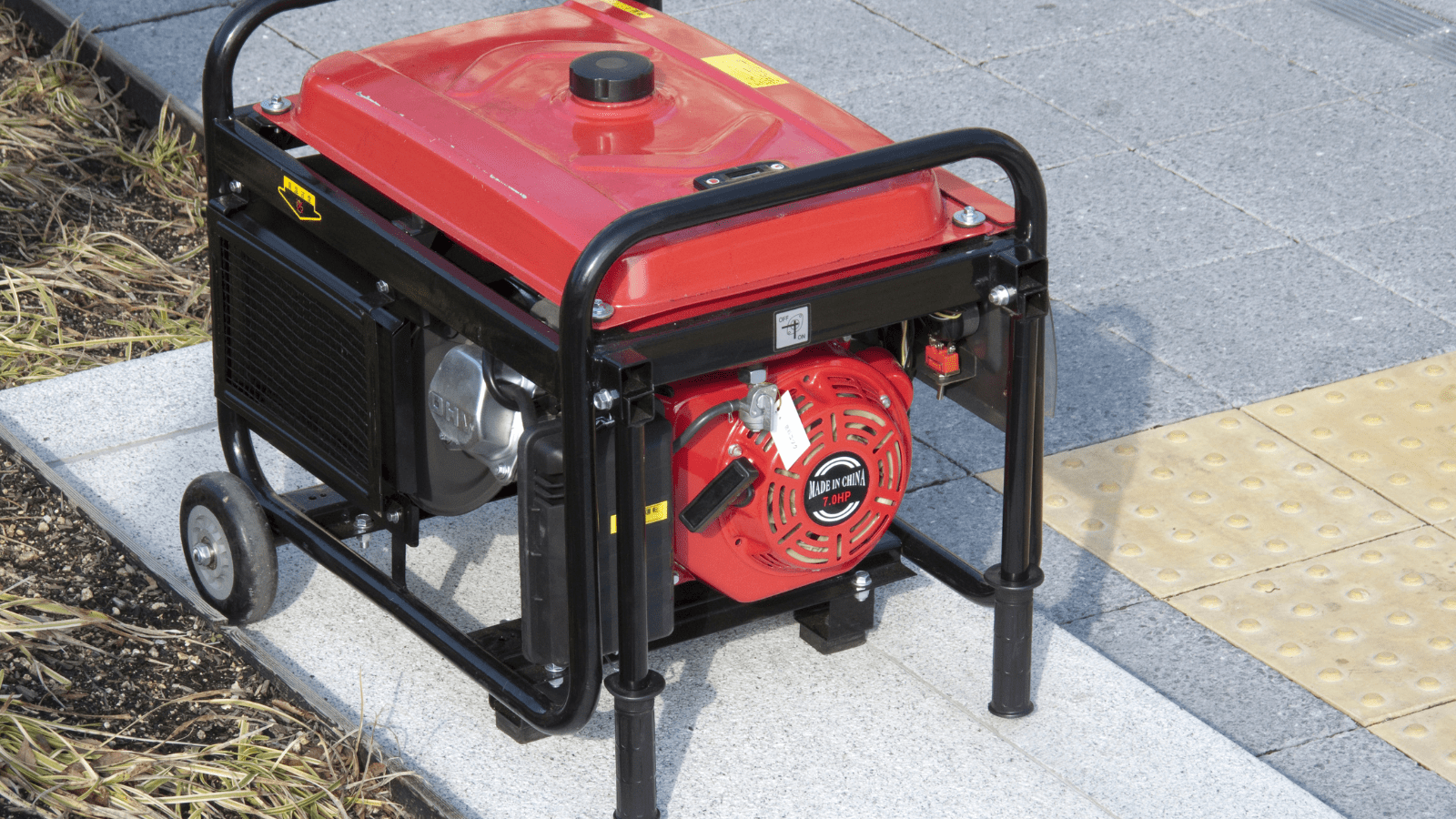Table of Contents
How to pick a generator as a home backup
Choosing a generator for home emergency backup requires considering several factors, including cost, power output, safety, and maintenance. Here are some steps to follow when selecting a generator:
- Determine Your Power Needs: First, you need to figure out how much power you need during an emergency. Calculate the total wattage of the appliances and electronics you want to run during a power outage. This includes critical items such as lights, refrigerator, and medical equipment if needed.
- Choose Your Fuel Type: Generators typically run on gasoline, propane, or diesel. Gasoline generators are generally the most affordable, but they require more maintenance and don’t last as long as propane or diesel generators. Propane generators are more expensive upfront, but propane is cleaner and has a longer shelf life than gasoline. Diesel generators are the most durable and efficient, but they are also the most expensive.
- Consider the Power Output: Generators come in different sizes and power outputs, which will determine how much power they can provide. You should choose a generator with enough power output to meet your power needs, but not so much that you’re overspending on unnecessary power. Generally, the more power you need, the larger the generator you’ll need to purchase.
- Look for Safety Features: Safety is crucial when it comes to generators. Look for a generator with safety features such as automatic shut-off, circuit breakers, and grounding rods. Make sure the generator you choose is certified by a safety organization like UL (Underwriters Laboratories).
- Evaluate Maintenance Needs: Generators require maintenance to ensure they’re ready to go when you need them. Look for a generator that’s easy to maintain and has readily available parts. Consider purchasing a generator with an automatic maintenance reminder, so you know when it’s time to change the oil or perform other maintenance tasks.
- Factor in the Cost: Finally, consider the cost of the generator. While it may be tempting to go with the cheapest option, remember that you get what you pay for. Choose a generator that fits your budget while still meeting your power needs and safety requirements.
Table of Top Generator Models
| Model | Fuel Type | Fuel Efficiency (gal/kWh) | Power Output (kW) | Noise Level (dB) | Price (USD) | Warranty (Years) | Dimensions (LxWxH) inches | Weight (lbs) |
|---|---|---|---|---|---|---|---|---|
| Honda EU2200i | Gasoline | ~0.1 | 2.2 | 48-57 | ~$1,139 | 3 | 20.0 x 11.4 x 16.7 | 46.5 |
| Westinghouse WGen7500 | Gasoline | ~0.15 | 7.5 | 64 | ~$849 | 3 | 27.2 x 26.5 x 26.0 | 192 |
| Generac GP15000E | Gasoline | ~0.2 | 15 | 74 | ~$2,799 | 2 | 48.5 x 31.0 x 39.5 | 363 |
| Champion 100165 | Dual Fuel | ~0.11 (Gas), ~0.09 (LPG) | 7.5 (Gas), 6.75 (LPG) | 68 | ~$1,099 | 3 | 27.8 x 28.7 x 26.4 | 202.4 |
| DuroMax XP12000EH | Dual Fuel | ~0.18 (Gas), ~0.13 (LPG) | 12 (Gas), 11.4 (LPG) | 72 | ~$1,299 | 3 | 40.0 x 29.0 x 27.5 | 224 |
Overall, choosing a generator for home emergency backup requires careful consideration of power needs, fuel type, power output, safety features, maintenance requirements, and cost. By following these steps, you’ll be able to find the right generator for your home emergency backup needs.
How much do generators cost?
The cost of a generator can vary widely depending on several factors such as the type, size, brand, and features. Here’s a breakdown of the average cost of different types of generators:
- Portable Generators: Portable generators can cost anywhere from $200 to $2,000 depending on their power output and features. Smaller portable generators that can provide around 1,000 watts of power can cost as little as $200 to $400, while larger portable generators that can provide up to 10,000 watts can cost up to $2,000.
- Inverter Generators: Inverter generators are typically more expensive than portable generators due to their advanced technology. They can cost anywhere from $500 to $4,000 depending on their power output and features.
- Standby Generators: Standby generators are larger and more powerful generators that are permanently installed outside the home. They can cost anywhere from $2,500 to $10,000 or more depending on their power output and features.
It’s important to keep in mind that the cost of a generator is not the only factor to consider. You should also consider the ongoing cost of fuel or maintenance, as well as any additional costs associated with installation or accessories such as transfer switches or extension cords.
Overall, the cost of a generator can range from a few hundred dollars to several thousand dollars depending on the type, size, and features of the generator. It’s important to choose a generator that fits your budget and meets your power needs while also considering the ongoing costs associated with owning and operating a generator.
What are the quietest generators?
The quietest generators are typically inverter generators, which use advanced technology to produce clean and stable power with less noise. Here are some of the quietest generators available on the market:
- Honda EU2200i: The Honda EU2200i is a compact and lightweight inverter generator that produces only 48 to 57 decibels of noise, depending on the load.
- Yamaha EF2200iS: The Yamaha EF2200iS is another inverter generator that is known for its quiet operation. It produces 57 decibels of noise at a quarter load and 65 decibels at full load.
- Champion 75537i: The Champion 75537i is a portable inverter generator that produces only 58 decibels of noise at 23 feet away.
- WEN 56200i: The WEN 56200i is a compact and lightweight inverter generator that produces only 51 decibels of noise at a quarter load and 55 decibels at half load.
- Briggs & Stratton P2200: The Briggs & Stratton P2200 is a versatile inverter generator that produces only 59 decibels of noise at a quarter load.
Overall, when looking for a quiet generator, it’s important to consider the type of generator and its noise level at different loads. Inverter generators are typically the quietest, but some models are quieter than others.
What are the most portable generators?
When it comes to portability, there are several types of generators available on the market that are designed to be lightweight and easy to transport. Here are some of the most portable generators:
- Honda EU2200i: The Honda EU2200i is a compact and lightweight inverter generator that weighs only 47 pounds. It comes with a handle that makes it easy to carry, and it can be stacked for easy storage.
- WEN 56200i: The WEN 56200i is another lightweight inverter generator that weighs only 48 pounds. It features a compact design and a built-in handle for easy transport.
- Yamaha EF2000iSv2: The Yamaha EF2000iSv2 is a portable inverter generator that weighs only 44 pounds. It features a compact design and a built-in handle for easy transport.
- Champion 73536i: The Champion 73536i is a portable inverter generator that weighs only 48 pounds. It features a compact design and a built-in handle for easy transport.
- Briggs & Stratton P2200: The Briggs & Stratton P2200 is a versatile inverter generator that weighs only 55 pounds. It features a compact design and a telescoping handle for easy transport.
When is a battery backup a better choice?
Both generators and battery backups can provide emergency power during a power outage, but each has its pros and cons. Here’s a comparison of the two:
Generator Pros:
- High Power Output: Generators can provide high power output, making them suitable for powering larger appliances and equipment.
- Long Runtime: A generator can run for an extended period as long as there is fuel to power it.
- Widely Available Fuel: Gasoline and propane, the fuels commonly used in generators, are readily available in most areas.
- Fast Charging: Generators can recharge quickly, and once refueled, they can provide power again immediately.
Generator Cons:
- Noise and Fumes: Generators can be noisy and produce fumes, which can be a nuisance and a safety hazard.
- Maintenance: Generators require maintenance to operate correctly, and regular checks need to be made on the fuel level, oil level, and air filter.
- Expensive: Generators can be costly, and the larger the generator, the higher the price.
Battery Backup Pros:
- Clean and Quiet: Battery backups are clean and quiet, producing no fumes or noise, making them ideal for indoor use.
- Low Maintenance: Battery backups require minimal maintenance, and no fuel needs to be stored or refueled.
- Versatility: Battery backups can be used to power sensitive electronic equipment such as computers, medical devices, and home automation systems.
- Easy to Install: Battery backups are easy to install, and most are designed to be user-friendly.
Battery Backup Cons:
- Limited Runtime: Battery backups typically provide power for a limited amount of time, depending on the size of the battery and the power demand.
- Low Power Output: Battery backups have a limited power output and may not be suitable for powering larger appliances and equipment.
- Expensive: Battery backups can be costly, and the larger the battery, the higher the price.
- Dependent on Power Supply: Battery backups need to be recharged after use, which requires a reliable power source.
Overall, the choice between a generator and a battery backup will depend on the specific needs of the user. Generators are suitable for powering larger appliances and equipment, while battery backups are ideal for powering sensitive electronic equipment and have no emissions. The cost, runtime, and power output are other important factors to consider when choosing between a generator and a battery backup.
Do you have a favorite generator model or brand? Let us know in the comments!




